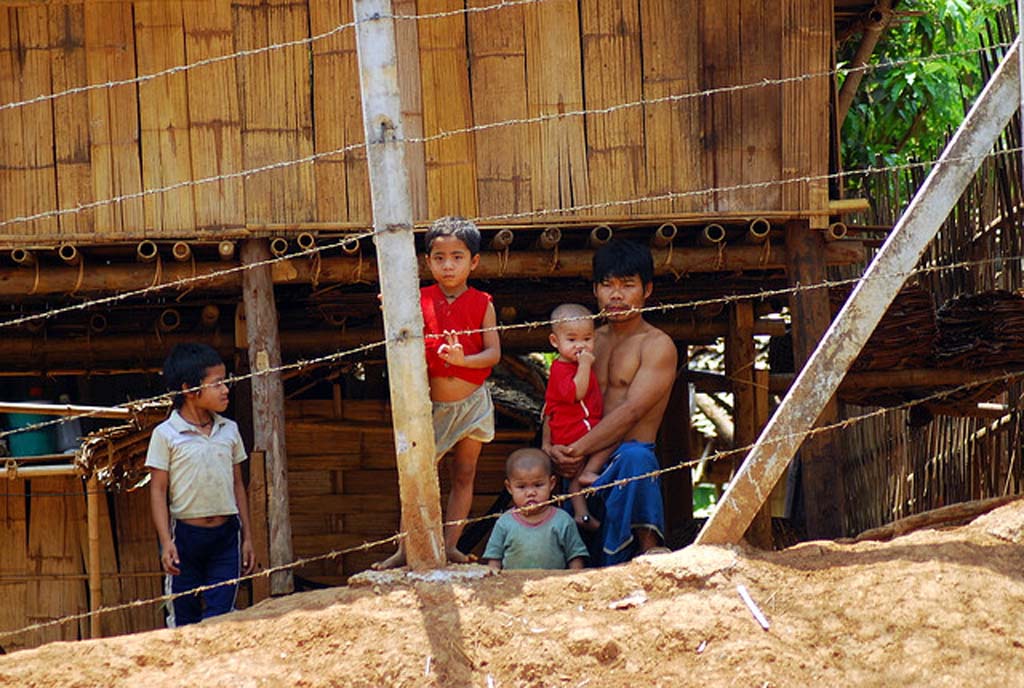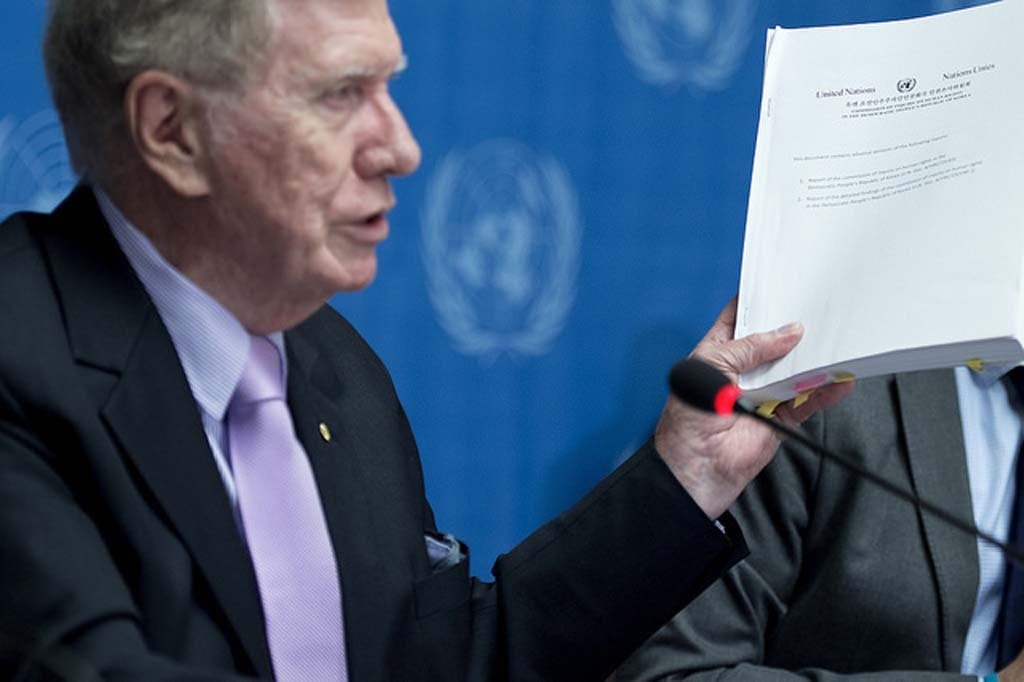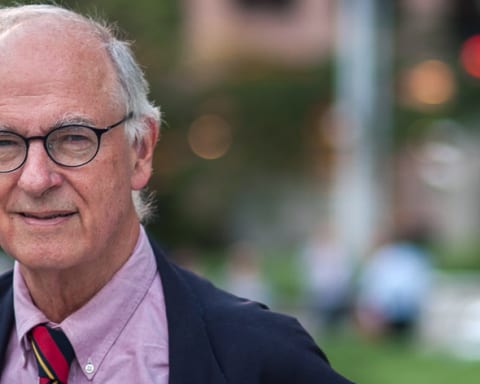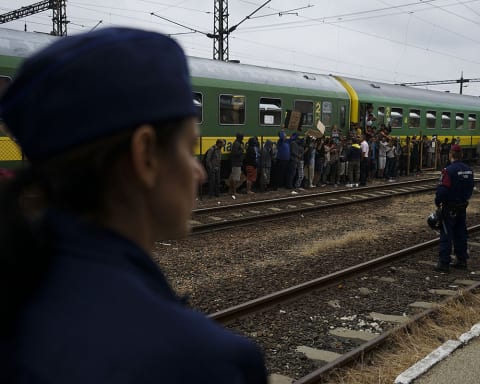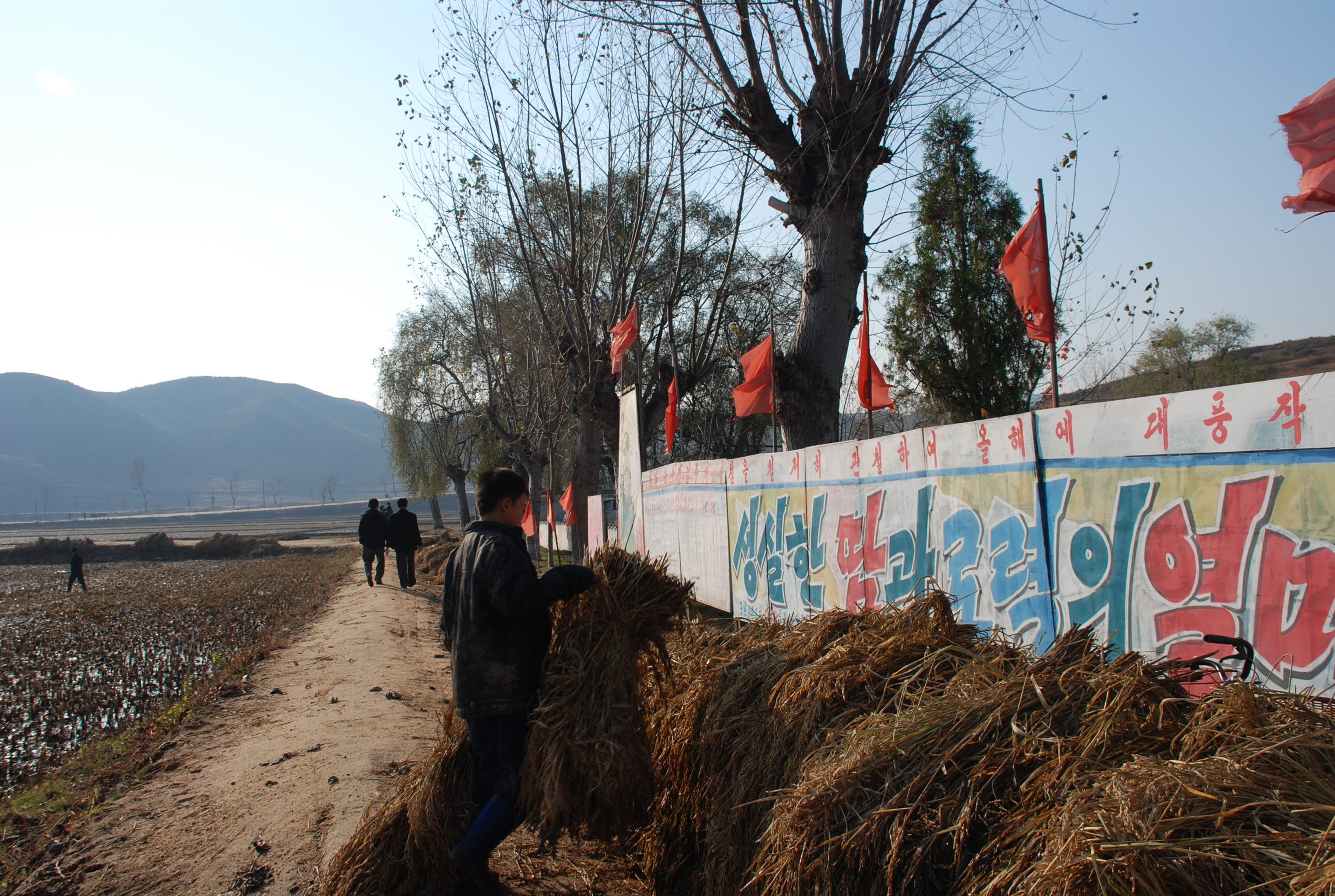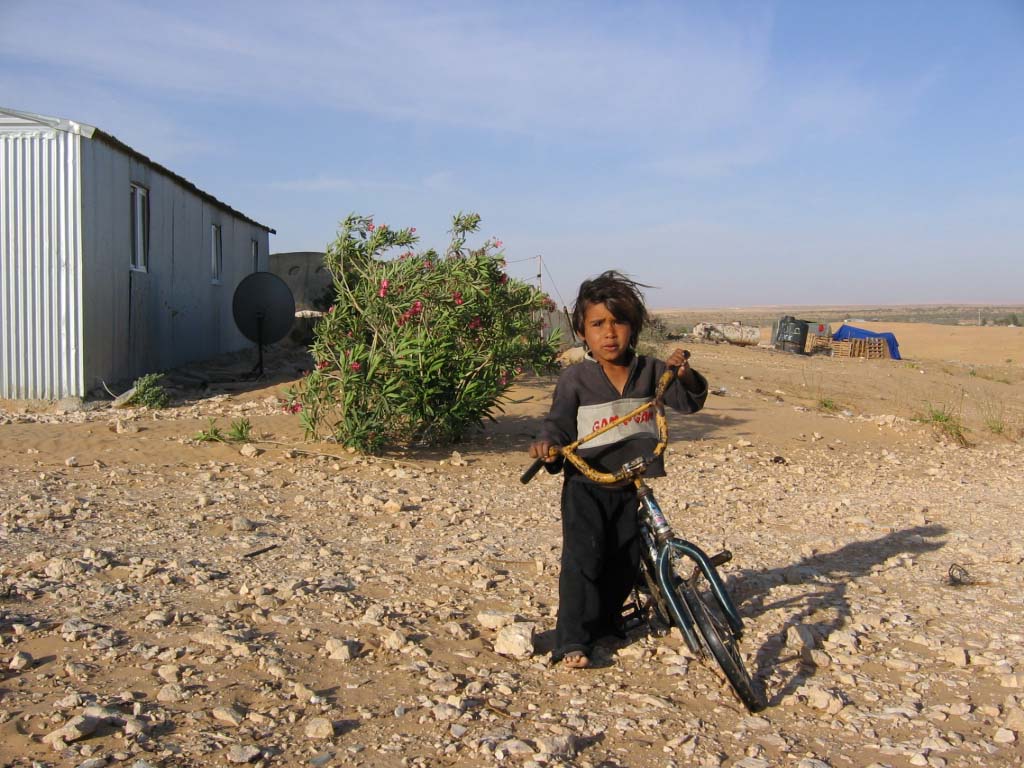Images of elephant rides through the jungle, bustling markets, and sipping a Singha on a white sand beach are often what come to mind for tourists in Thailand. However, a growing number of foreigners are arriving in the country due to persecution rather than pleasure. Last year, the number of asylum seekers in Bangkok quadrupled. The majority of new arrivals are Christians and Shiite or Ahmadiyya Muslims from Pakistan who have fled targeted religious and ethnic attacks. In addition, a growing number of Syrian and Palestinian war refugees are choosing Thailand as a first country of refuge. Bangkok’s burgeoning asylum seeker population combined with stricter regulations of undocumented persons under the military run government has created an increasingly dire situation for some of the world’s most vulnerable people.
Most urban asylum seekers arrive in Bangkok with a desire to gain official refugee status and then move on to a third country such as the U.S., Canada, or Australia. Thailand is a popular destination due to the relative ease of entering the country, the higher living standards compared with neighboring countries, and because it is home to the regional UN refugee agency headquarters. While life in Bangkok may be considered a safe haven compared to the country from which they have come, urban refugees are faced with a growing tide of challenges in a city that can be less than welcoming to those who do not bring wallets full of tourist dollars.
Many of those who flee to Bangkok do so with the perception that they will be able to achieve UN refugee status and move on to a third country of asylum within a relatively short period of time. However, due to recent UNHCR budget cuts and a growing backlog of applicants, it now takes years for many applicants to even get an interview and begin the refugee determination process. Those lucky enough to be deemed convention refugees must then go through a separate process to be accepted by a third country of asylum. It can take an additional several years to be recognized as a refugee by the migration office of a third country and even that does not guarantee resettlement. Asylum seekers are left in limbo waiting for slow moving bureaucracies to determine their future.
While the Royal Government of Thailand has made a bilateral agreement with Myanmar to allow Burmese refugees to live in camps along its border, it has not signed on to the 1951 Refugee Convention. There is no legal framework by the government to recognize refugees from any other country and considers asylum seekers illegal economic migrants. Following the expiration of their travel visas, they live in perpetual fear of being questioned, detained, or deported at the whim of a growing police presence under the new military government. Even if a person has gained refugee status, there is still the chance of being placed in Bangkok’s Immigration Detention Center. The IDC is an overcrowded prison where detainees have barely enough food to survive and receive little to no medical care. Families are often separated and held indefinitely until they are bailed out or assisted by UNHCR.
Following Thailand’s 19th coup d’état in the spring of last year, the military junta, or “The National Council for Peace and Order”, as it has deemed itself, has detained thousands, ramped up deportation of illegal migrant workers, and increased police presence on the streets of Bangkok. The Thai tourism ministry has used the slogan “The Land of Smiles” to promote its tourist industry. However, the military government’s “happiness campaign”, in which it provided Bangkokians free concerts, petting zoos, and opportunities to take selfies next to soldiers in riot gear, has done little to put smiles on the faces of the city’s growing refugee population. Fears of police raids in buildings housing refugees, deportation, and detention have increased as the junta has cracked down on those without proper documentation.
Public knowledge of refugees primarily revolves around the Burmese population who live in camps along the Thai-Myanmar border. Many Thai citizens are unaware of other populations seeking refuge in their country and the everyday challenges they face living in hiding in a foreign metropolis. Without proper documents, refugees find it extremely difficult to find employment, educate their children, obtain stable housing, and receive medical care from public hospitals. They are susceptible to manipulation and swindling by people who threaten to have them arrested. Worst case scenarios involve refugees getting caught up in sex trafficking and other illegal activities. With limited economic opportunities and a constant fear of being stopped by the police, they are heavily dependent upon humanitarian organizations for assistance.
Bangkok’s urban refugees receive a limited amount of aid from a handful of domestic and international NGOs. Jesuit Refugee Service, International Rescue Committee, Asylum Access, and the Thai Committee for Refugees, are the leading non-governmental actors providing protection, legal council, and community support. Such organizations also work to shine a light on the unique challenges faced by urban refugees which too often go under the radar of media outlets. By the end of 2015, UNHCR estimates that Bangkok’s refugee and asylum-seeking population will exceed 20,000.
The rapid growth of Bangkok’s refugee population in recent years is but one example of the global refugee urbanization phenomenon. In 2001, UNHCR reported that 13% of the world’s refugees lived in urban areas, whereas in recent years the number has leaped to over 50%. Urban refugee populations are composed of an increasing number of women, children, and seniors who are in greater need of protection and assistance. UNHCR’s Policy on Refugee Protection and Solutions in Urban Areas, published in 2009, was a step in the right direction for recognizing the unique challenges refugees face in metropolitan environments. However, the U.N. and other international organizations continue to focus a disproportionate amount of funding and protection efforts towards refugees living in designated rural camps. It is high time for the international humanitarian community to ramp up their efforts to provide greater assistance to displaced persons living in urban areas.
